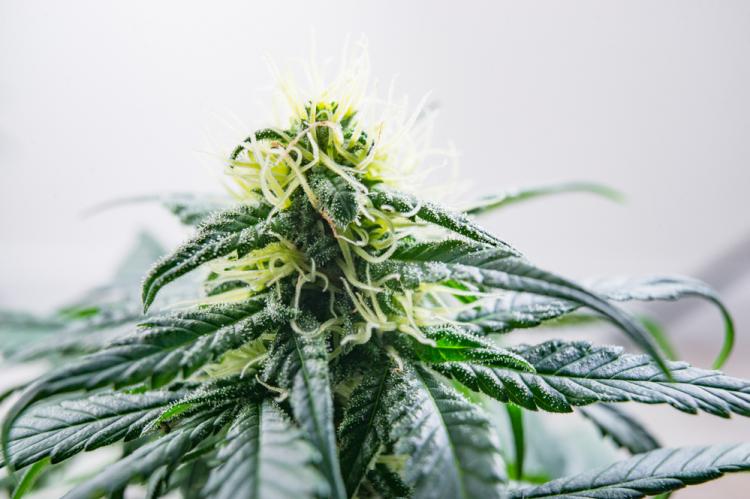Cannabis During COVID: Essential, Yet Ineligible
Every sector of the economy is being disrupted by the COVID-19 pandemic, and cannabis is no exception. However, the cannabis industry is uniquely positioned to weather the current crisis and has the potential to kick-start economic growth when state legislators return to work.
Since its inception, the cannabis industry has faced its fair share of challenges: an evolving regulatory landscape, limited access to banking services, a vaping crisis, and – most recently – a credit crunch. This has forced businesses to be responsive and nimble, preparing them for yet another crisis: COVID-19.
And as 29 states plus the District of Columbia have deemed marijuana businesses to be essential during shelter-at-home orders, those businesses have been quick to adapt to new rules and regulations. In response to these orders, cannabis delivery and curbside pick-up have emerged as easier ways to retrieve products. Medical dispensaries have adopted remote phone-in registration portals. Additionally, states such as Arkansas, Minnesota, and Nevada are allowing patients to renew medical marijuana cards online.
But these businesses are now faced with a cruel irony: while they are recognized as essential by state governments, they are nonetheless deemed ineligible for federal stimulus funds. The Small Business Association (SBA) manages funds put aside for small businesses in the CARES Act stimulus package, and the CARES Act stipulates that the SBA cannot provide funds to any company directly or indirectly involved with cannabis. So, while these businesses are charged with continuing their essential services to the American public, they must do so without any emergency support from the American government.
And even as the federal government denies funding to these essential businesses during the crisis, states across the country are already looking to them as a source of revenue after it. State and local governments across the country are already facing major budget deficits due to the COVID-19 response, and many view a regulated – and taxed – cannabis market as a critical lifeline. For example, New York expects state revenues to drop between $4 and $7 billion after COVID-19, but experts estimate that a legal cannabis market could generate over $1 billion in annual state tax revenue. Michigan may see $3 billion in annual marijuana sales revenue once the market matures in four to six years. Further, the cannabis industry is not interstate, meaning that it provides higher returns for GDP and employment in states with legal markets than other industries that operate across state lines.
The cannabis industry has shown itself to be resilient time and again. But in this moment of extreme disruption, without access to the same federal aid every other American business was awarded, and ongoing limited access to capital, cannabis businesses face uncertainty in an already volatile market. Sadly, some have already cut their workforce nearly in half or are furloughing large portions of staff. Given the economic boon a state cannabis industry could provide as a remedy to COVID-19, it is all the more befuddling that cannabis-related businesses cannot access stimulus funds.
The cannabis industry as a whole will survive this crisis, but it is unclear how many businesses will. As it has for other industries, the federal government needs to step up and extend funding for these essential services and employees and give them a fighting chance to survive.
- Log in to post comments

